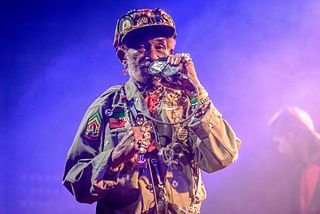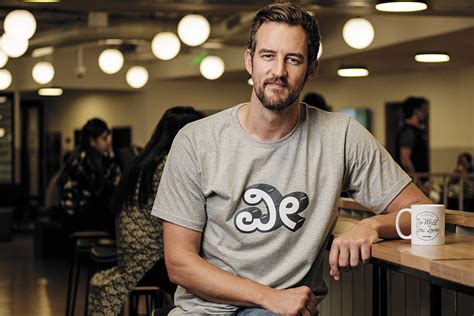A Quote by James Gleick
Cyberspace, especially, draws us into the instant.
Quote Topics
Related Quotes
What is an "instant" death anyway? How long is an instant? Is it one second? Ten? The pain of those seconds must have been awful as her heart burst and her lungs collapsed and there was no air and no blood to her brain and only raw panic. What the hell is instant? Nothing is instant. Instant rice takes five minutes, instant pudding an hour. I doubt that an instant of blinding pain feels particularly instantaneous.
Writing objects to the lie that life is small. Writing is a cell of energy. Writing defines itself. Writing draws its viewer in for longer than an instant. Writing exhibits boldness. Writing restores power to exalt, unnerve, shock, and transform us. Writing does not imitate life, it anticipates life.
Take cyberspace as an example. We had this wonderful utopian vision of a new home for the mind. What we've reaped isn't cyberspace. It's cyberbia. It's this vast, bland wasteland of vulgar people and trivial ideas and pictures of half-naked starlets. But despite all the uncertainty, has there ever been a more fascinating moment to be alive?
In cyberspace, we get many fewer cues about the emotional states and attitudes of the people we're talking to. That makes it less interesting, easier to mis-communicate, and more likely to destroy trust. So you need to treat cyberspace with care, especially being aware of the fragile nature of trust in the virtual world.































